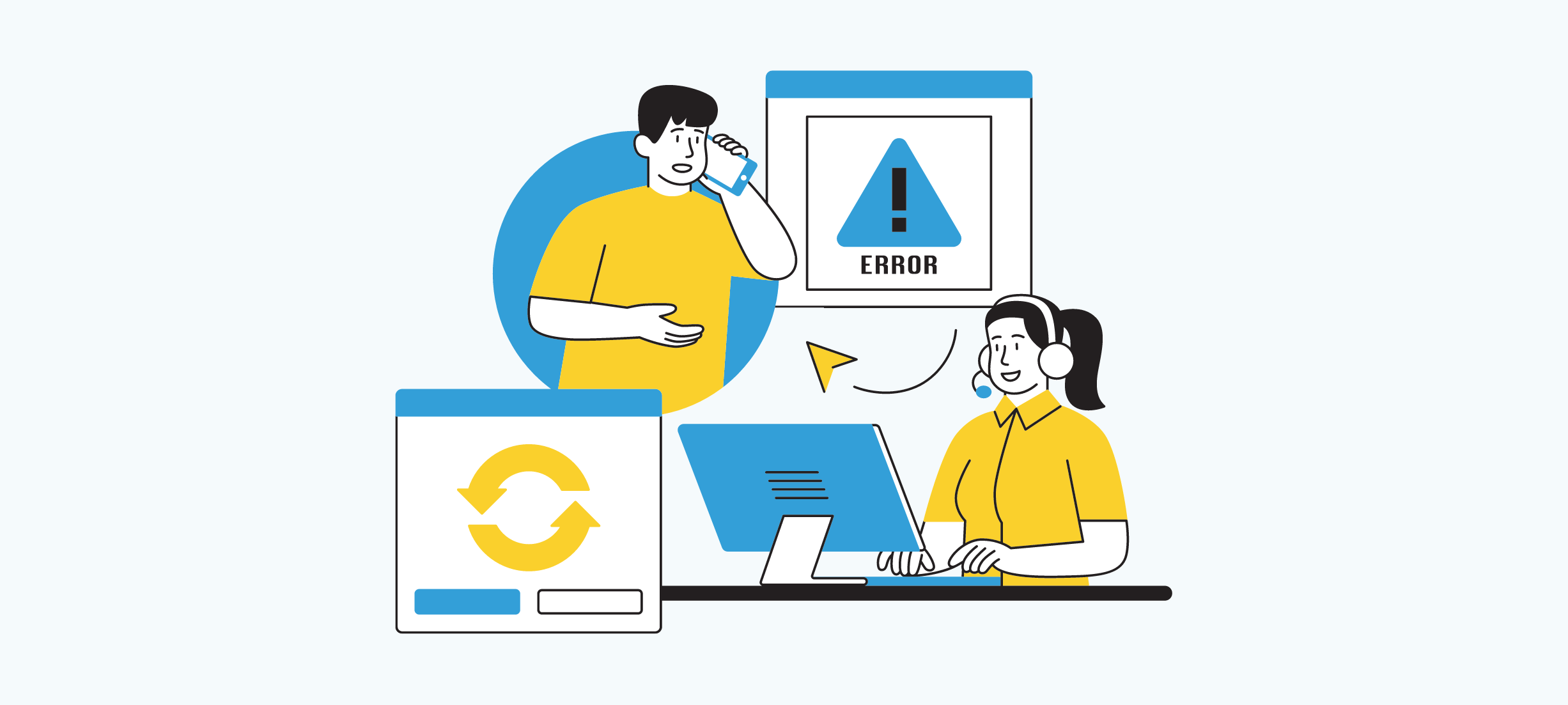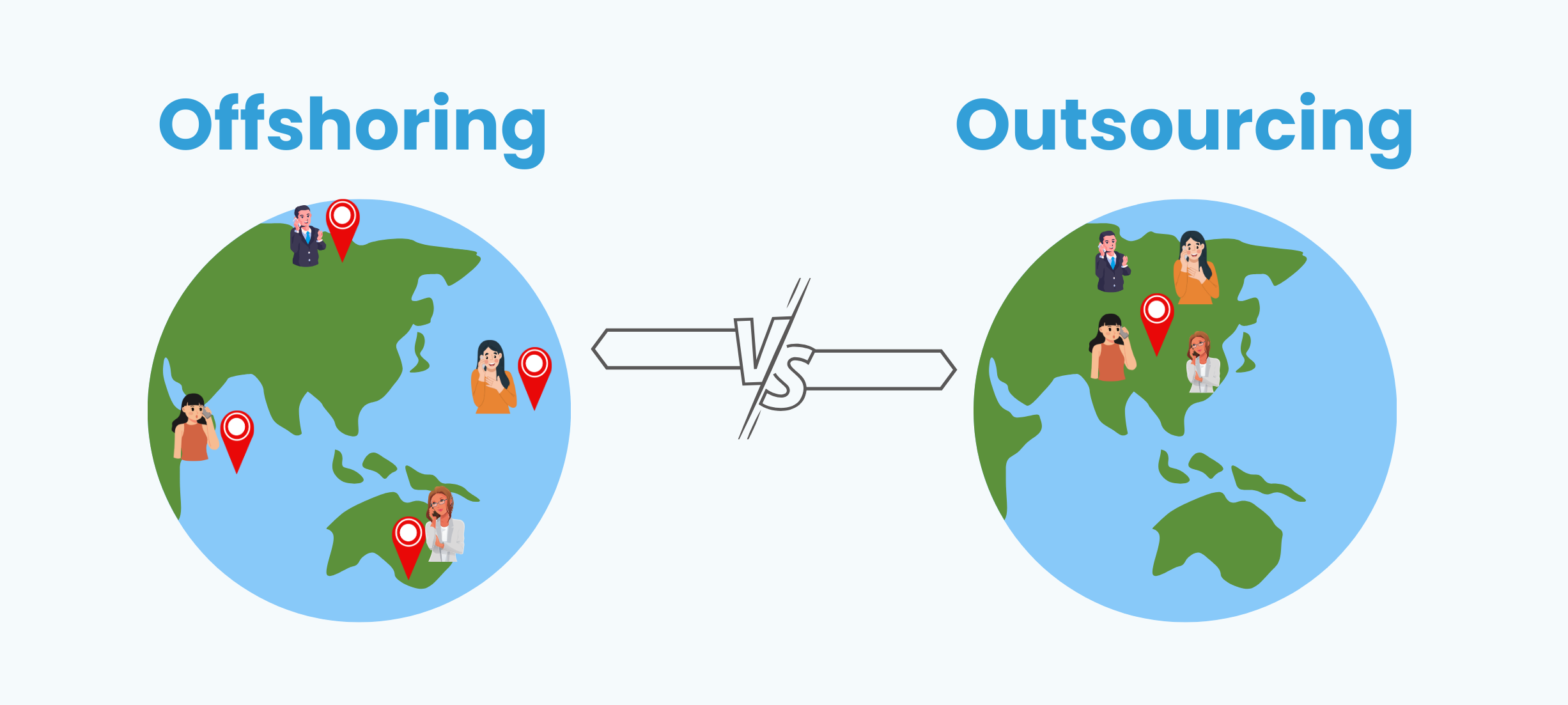Running a small business is thrilling, but tax season can be challenging. Fear not! Consider this your financial toolkit: a guide to substantial tax write-offs for small businesses. This resource can help transform your tax return from a source of apprehension into a treasure trove of savings. Explore and learn how to minimize your tax burden by claiming the most common and overlooked tax write-offs in 2024, propelling your business towards growth and success!
What are small business tax deductions?
Small business tax deductions are like discounts for your business expenses when it’s time to pay taxes. These deductions help lower the amount of money the government considers as your income, which means you pay less in taxes.
Imagine you have a small business, and you can subtract certain costs from the money you made before figuring out your taxes. These costs might include things like the space where you work, travel expenses for your business, rent for your shop or office, utilities, and buying things like computers or tools.
There are other deductions too, like money spent on advertising, fees for professionals who help your business (like accountants or lawyers), paying your employees, and providing them with benefits.
It’s important to keep track of all these expenses and follow any changes in the tax rules. Good record-keeping and tax return preparation ensure that you can prove these deductions are valid. By understanding and using these deductions correctly, you can save money for your small business when tax time comes around. Stay informed about the rules to make smart financial choices for your business!
What are the most ignored small business tax deductions?
1. ATM fees
Ever been stuck at an airport or hotel desperately needing cash? And oh, the annoyance of using a different bank’s ATM with those pesky fees! Well, here’s a tip for business owners: those ATM fees are like little expenses, and the IRS thinks it’s okay to include them in your regular business costs. If these fees are from your business bank account and ordinary for your work, you’re clear.
Now, to make life simpler for both you and your accountant, it’s a smart move to keep your business and personal transactions in separate bank accounts. This way, tracking those ATM fees for your business becomes a breeze.
Just a heads up, regular folks (non-business owners) can’t claim ATM or bank fees as business expenses. So, only go for the fees linked to your business accounts.
2. Travel expenses
Mileage, parking, and tolls
This category is separate from the travel deductions you claim while away on business. If you’re staying somewhere overnight or are out of your local area, be sure to tag those receipts in a way that differentiates them from your regular business mileage.
Calculating the deduction for business mileage
There are two ways to calculate the tax deduction for your car. First, you can take a standard mileage tax deduction that’s set by the IRS each year. After tracking your qualified business miles, you’ll multiply the total number of miles by an amount determined by the IRS.
Standard vs actual expenses
The business mileage rate soared in 2023, hitting 65.5 cents per mile, a three-cent jump from the final half of 2022.
As a small business owner, you can also claim the actual expenses of driving your vehicle. This is the total cost of owning and operating your vehicle each year. This number is calculated by adding up all your vehicle expenses such as mileage, the cost of repairs, vehicle depreciation, gas, car insurance, and registration fees, and then determining the percentage of time you used your car for business vs. personal travel.
3. Business meals
You can save some money by deducting 50% of certain food and drink costs for your business. But there are a few rules to follow:
- Must be business-related: The cost of the meal should be a normal and necessary part of running your business.
- Keep it reasonable: Don’t go overboard! The meal can’t be super fancy or extravagant given the situation.
- Someone from work must be there: Whether it’s you or one of your employees, someone from your business needs to be present during the meal.
Now, here’s a bonus: if you’re treating your hardworking team to meals – like ordering pizza for a late-night work session or hosting an office party – you get to deduct the entire cost! Yep, that’s 100%.
But, and there’s always a but, you need to keep good records. Write down how much you spent, when and where the meal happened, and who was there for a business reason. A neat trick is to jot down the purpose of the meal and what you chatted about on the back of the receipt.
4. Depreciation
When you buy things like furniture and equipment for your business, tax rules don’t let you take the full cost as a deduction all at once. Instead, you spread the cost over the years you’ll use them. But fear not! The IRS has some tricks to help you get the full deduction sooner.
1. Minimis safe harbor election
- Small businesses have the option to immediately deduct expenses for assets under $2,500 each. Learn more about this in the IRS FAQ on the de minimis safe harbor election.
2. Section 179 Deduction
- This allows business owners to deduct up to $1,080,000 of property bought in the tax year. It covers new and used business stuff, even software. Just remember, the deduction can’t make your business show a loss, but any leftover amount can be used next year.
3. Bonus Depreciation
- Businesses can go big with this one! Deduct 100% of the cost of things like machinery, equipment, and furniture in the first year.
Special Note on Vehicles
- If you bought a new vehicle, there are limits. Without bonus depreciation, the max deduction in the first year is $10,100. With bonus depreciation, it bumps up to $18,100.
5. Business Insurance
Cut down on your taxes by safeguarding your business. Business insurance premiums, a commonly ignored deduction, can be a game-changer.
This deduction isn’t just any deduction; it’s a full 100% deductible expense. Your business insurance, alongside other business costs, finds its place on Schedule C. So, ensure you’re not missing out on this valuable tax-saving opportunity!
What types of business insurance are deductible?
- General liability insurance
- This insurance covers injuries and property damage claims against your business. Premiums for general liability insurance are generally tax-deductible.
- Professional liability insurance
- Also known as errors and omissions insurance, it protects your business from claims related to professional mistakes or negligence. Premiums for professional liability insurance are typically deductible.
- Workers’ compensation insurance
- Essential for covering medical expenses and lost wages for employees injured on the job, the premiums for workers’ compensation insurance are generally deductible.
6. Retirement plan contributions
Planning for your retirement and dealing with taxes are like best buddies. The tax perks you get depend on the retirement plan you choose, like an IRA, 401(k), or others. Putting money into your retirement plan isn’t just about saving for the future; it also gives you some nice tax benefits both now and down the road.
If you have a business, you can set up a 401(k) plan that’s not too pricey and allows for bigger contributions, especially for the owners. Small businesses have other retirement account options too. So, when you put money into your retirement plan, it’s not just a deduction on your taxes; it’s also adding more to your savings for when you retire. It’s like a win-win for your wallet and your future!
For more info check out our blog – Top Tax Deductions for Shop Owners
7. Home office
If your business is based at your home, there are lots of home-related costs you might be able to use as deductions. These could include things like homeowner’s insurance, utility bills, property taxes, and home repairs.
But here’s the deal: to claim these home office expenses, you’ve got to have a real office space in your home. Just casually working on your laptop at the kitchen table doesn’t count as a home office according to the IRS. Your home office needs to be a dedicated area where you mainly run your business.
Check out the IRS rules on what they consider the “Business Use of Your Home” to make sure your setup qualifies. If it does, this deduction could be a helpful way to save some money, so don’t forget to look into it!
8. Education
- If a class or workshop helps your business and makes you better at what you do, the money you spend on it can be fully deductible on your taxes.
What counts as valid business education expenses
- Skill-boosting classes: Taking classes to get better at what you do.
- Seminars and Webinars: Learning from events, online or in-person.
- Trade or professional subscriptions: Paying for magazines or online stuff that keeps you updated in your field.
- Industry-specific books: Buying books related to your business.
- Workshops for expertise: Joining workshops to level up your skills.
- Travel costs for classes: Money you spend to get to and from your learning place.
What Doesn’t Count
- If a class is for a completely new job or is not connected to your business, those costs don’t count as tax deductions.
So, when you’re investing in learning to boost your business skills, keep track of those expenses – they might help you out come tax time!
9. Legal and professional fees
You can deduct the costs of legal and professional services that are necessary for your business operations. This includes fees paid to lawyers, accountants, bookkeepers, tax preparers, and online bookkeeping services like BookkeeperLive.
If the fees involve both business-related and personal work (like creating a personal will), you can only deduct the portion directly tied to your business activities.
10. Salaries and benefits
For businesses
- Salaries: Salaries paid to employees are generally deductible business expenses for the company. This includes base salary, bonuses, overtime pay, and commissions.
- Benefits: The deductibility of employee benefits is more nuanced and depends on the specific benefit:
- Employer-paid health insurance premiums: Generally deductible for the company.
- Retirement contributions: Contributions to employee retirement plans, such as 401(k)s, are deductible for the company.
- Paid time off (PTO): Partially deductible based on accrual accounting rules.
- Other benefits: Other benefits might be deductible or not depending on their nature and the specific tax regulations.
For individuals
- Salaries: As an employee, your salary income is not deductible on your personal tax return.
- Benefits: Some of the benefits you receive from your employer may be taxable income for you, while others may be excluded from your income. For example, employer-paid health insurance premiums are generally excluded from your income.
11. Taxes and licenses
State and Local Taxes
- State income taxes: In most cases, state income taxes paid by your business are deductible as business expenses.
- Sales taxes: While you collect and remit sales taxes to the government, you can deduct any sales tax you pay on purchases directly related to your business operations.
- Payroll taxes: Taxes you pay as an employer, such as Social Security and Medicare taxes, are deductible business expenses.
- Property taxes: Taxes paid on property used for your business, such as your office building or equipment, are typically deductible.
- Franchise taxes: Some states levy franchise taxes on businesses based on their gross receipts or net income. These taxes are generally deductible as business expenses.
Licenses and permits
- Business licenses: Fees paid to operate your business legally are usually deductible.
- Professional licenses: If required for your profession and not for personal use, these licenses are generally deductible.
- Industry-specific permits: Permits and licenses required for specific industries, such as liquor licenses or building permits, are usually deductible if directly related to your business operations.
- Regulatory fees: Fees paid to government agencies for inspections or certifications related to your business are often deductible.
Additional deductions
- Fuel taxes: Some states allow businesses to deduct a portion of the fuel taxes they pay on gasoline and diesel used for business vehicles.
- Vehicle registration fees: If you use your vehicle for business purposes, you can deduct a portion of the registration fees.
- Chamber of commerce dues: Membership fees paid to business organizations can be deductible as business expenses.
Talk with a tax pro
Navigating the world of tax deductions for small businesses can be a significant boon to your financial bottom line. From claiming expenses related to business operations, travel, education, and tax preparation services to deducting costs for essential professional services such as bookkeeping and audit outsourcing services, understanding and leveraging these deductions can contribute to significant savings. It’s essential for small business owners to stay informed, keep meticulous records, and, when in doubt, seek guidance from financial professionals or tax experts to ensure compliance with ever-evolving tax regulations.
At BookkeeperLive, we understand the importance of maximizing your deductions while minimizing complexity. That’s why we invite you to explore our services with a free trial. Hiring us means not only gaining access to top-notch solutions but also experiencing firsthand how we can optimize your financial landscape. Take advantage of our free trial to witness the difference and unlock a world of efficiency for your small business. Your financial success is our priority, and we’re here to simplify your journey through the realm of tax deductions.
FAQs
Q: I pay for health insurance on my own. Can I deduct that?
If you’re self-employed, yes! You can deduct your health insurance premiums, including family coverage, as a personal deduction.
Q: What about things like office supplies or software subscriptions?
Absolutely! Deduct everyday office essentials like paperclips, printer ink, and software used primarily for your business.
Q: I’m worried about getting audited. How can I keep my records in order?
Keep meticulous records of all your receipts, invoices, and bills. Invest in good bookkeeping software or hire a professional accountant for peace of mind.
Q: Where can I find more information about specific deductions?
The IRS website is a great resource, whether for individuals ans businesses! You can also consult with a tax professional for personalized advice based on your unique business situation.








